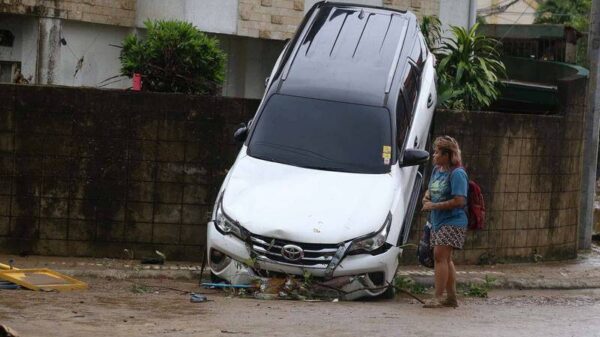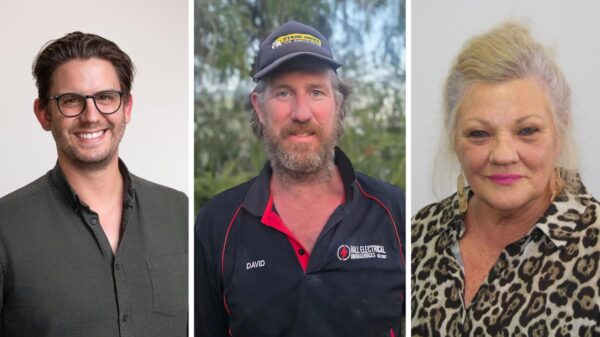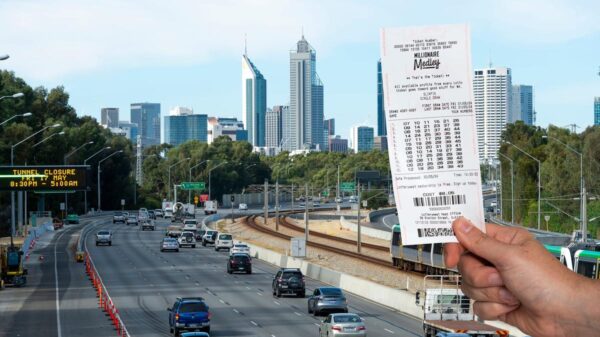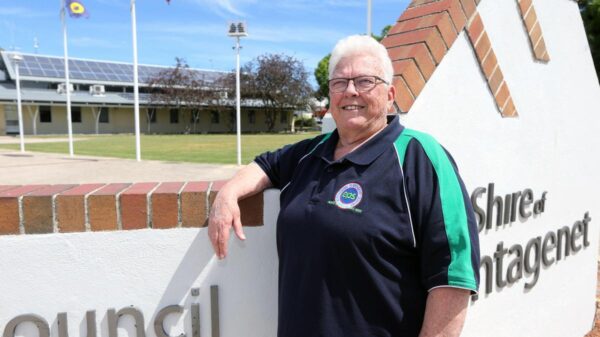Authorities in Australia are grappling with the repercussions of an incident involving a self-identified “sovereign citizen” who is accused of killing two police officers in Porepunkah. The ongoing search for Dezi Freeman has brought renewed attention to the growing sovereign citizen movement, which is characterized by a radical, anti-government ideology. This case is not an isolated incident but rather part of a troubling trend that suggests a potential rise in violence linked to this movement.
The sovereign citizen movement, with roots tracing back to the late 1960s and early 1970s in the United States, has gained traction in Australia over the decades. One of the first notable figures was Prince Leonard, who founded the Hutt River Province in Western Australia. His initiative marked the beginning of a proliferation of so-called micronations, with estimates suggesting that Australia hosts about one-third of all micronations worldwide.
Historically, many sovereign citizens lived off the grid, distanced from mainstream society. However, the onset of the COVID-19 pandemic catalyzed a surge in membership to online forums. The Facebook group “My Place” now boasts around 25,000 active members who frequently voice opposition to government mandates, including vaccinations and 5G technology.
As the movement expands, various groups like Know Your Rights have emerged, offering courses and advice designed to help individuals challenge the legitimacy of fines and court decisions. This commercialization of the ideology has further embedded it within certain communities.
Violence has increasingly become associated with sovereign citizen ideology, both in Australia and internationally. Individuals within this movement often express feelings of humiliation and anger towards government institutions. This discontent can manifest in violent confrontations, as seen in 2023 when a man in Lithgow, New South Wales, fired upon police officers, believed to be motivated by sovereign citizen beliefs.
The ideology posits that the government operates as a corporation, utilizing legal fiction to control and oppress individuals. This notion can create a dangerous environment where hostility towards law enforcement is not just possible but expected. Following Freeman’s alleged actions, there is a significant risk of copycat incidents, reminiscent of the aftermath of the 2019 Christchurch mosque attacks, which inspired subsequent violent acts globally.
Several socioeconomic factors contribute to the allure of sovereign citizen ideology. Many young people in regional areas of Australia feel compelled to leave their hometowns for education and job opportunities, leading to declining populations. The escalating cost of housing, particularly due to the rise of short-stay accommodations, exacerbates feelings of disenfranchisement.
For some, identifying as a sovereign citizen provides an escape from societal responsibilities like taxes and road rules while offering a sense of control and community, especially in online settings. It serves as a substitute for the lack of support many feel from traditional governmental structures.
Both police and intelligence organizations are acutely aware of the threats posed by sovereign citizens. In his 2022 annual threat assessment, ASIO Director-General Mike Burgess cited the movement as a focus for national security concerns, particularly in light of recent protests at Old Parliament House.
The Australian Federal Police have also conducted internal briefings regarding the movement’s risks, highlighting the increasing encounters with sovereign citizens in courts, where they often present pseudolegal arguments that complicate legal proceedings.
Addressing the challenges posed by sovereign citizens requires a nuanced approach. Government entities must exercise caution, especially regarding property rights, which are paramount to sovereign citizens. Solutions will not be immediate or simple; they demand comprehensive engagements and investments in regional communities.
These initiatives could involve enhancing remote work opportunities to retain local talent and investing in regional universities to improve access to education. Addressing housing affordability and enhancing social services, particularly legal aid, could also mitigate issues before individuals gravitate towards sovereign citizen ideologies.
As long as underlying socioeconomic factors remain unaddressed, the sovereign citizen movement will likely continue to grow, increasing the risk of further violence. The need for effective strategies is urgent, as the nation navigates the complexities of this rising threat.



































































